Plastic storage containers are durable, transparent, and airtight, but they come with some drawbacks. Besides potential health risks, issues such as poor air circulation, possible chemical reactions, water accumulation, and odor absorption can cause the items inside to deteriorate over time.
Here are 14 items that should be avoided for storage in plastic bins.
Leather
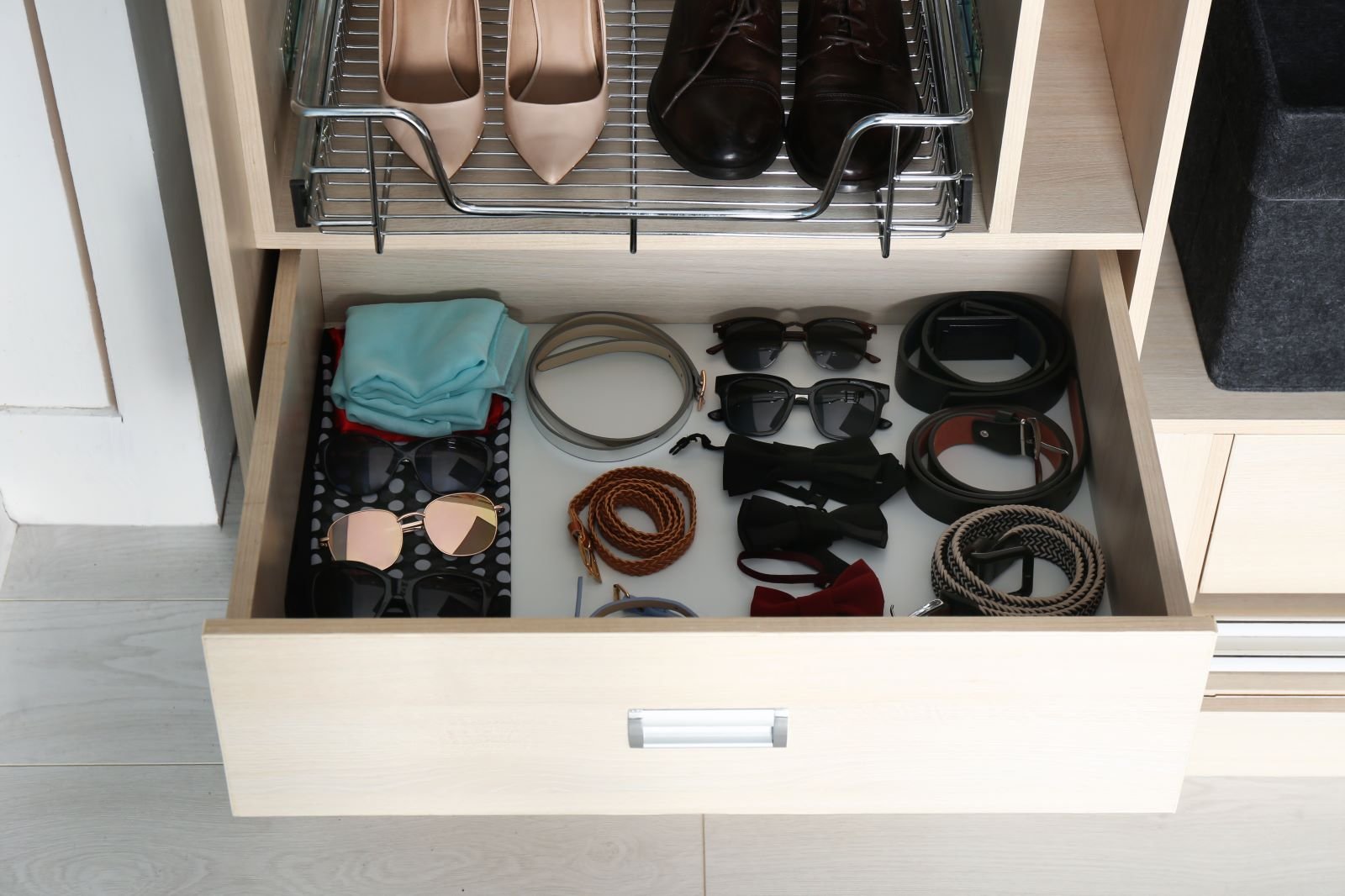
Leather demands a proper storage strategy to increase its longevity. If leather is stored in plastic, it will either stick to it or the moisture inside will crack the leather products.
Delicate Fabric
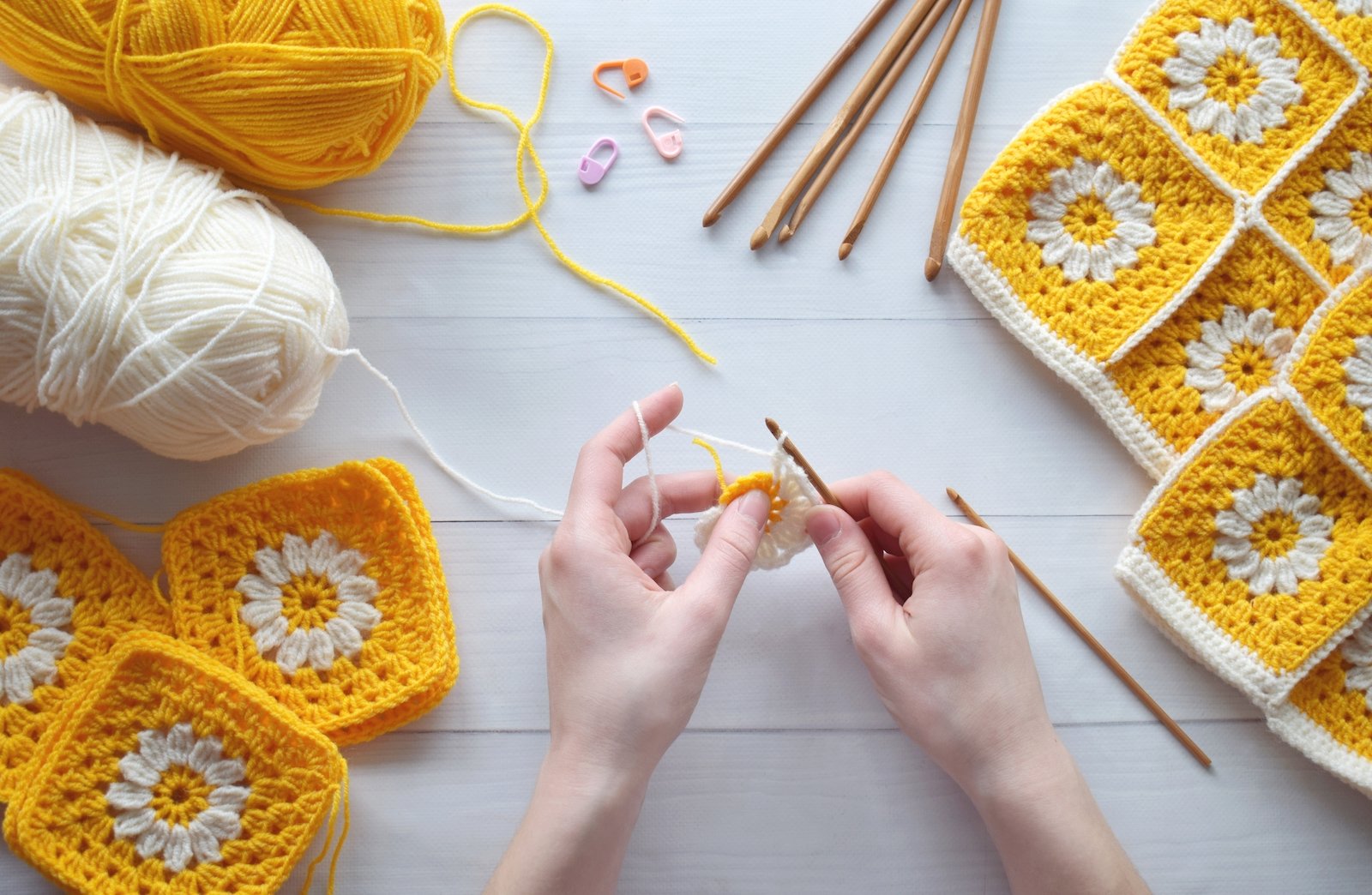
Fabrics like cashmere sweaters wool and synthetic lace soak moisture, produce musty smells, and sustain damage. For example, it is advisable to choose breathable fabric storage bags instead, like these 90L Oversized Holding Bags ($24, Amazon), which come in color and size.
Batteries and Electronic Gadgets

Storing batteries and electronic gadgets in plastic containers produces static electricity, which may harm expensive electronic equipment or potentially induce battery leaks. For example: outdated electrical gadgets must be stored in cool, adequately ventilated space.
Important Documents

While it might seem practical to store cherished items like family photos or important documents in storage containers or plastic sleeves, this approach is not ideal. Temperature fluctuations can introduce moisture, which may lead to fading or discoloration of prints and papers, particularly if the containers are not waterproof or airtight.
Iis best to keep goods in a theft-proof security safe box like this SentrySafe Fireproof Safe Box with Key Lock ($42, Amazon).
Artwork and photography

Avoid keeping expensive artwork or rare photographs in sealed plastic containers. If not stored under proper conditions, the print may suffer damage, leading to deformation, fading, or severe deterioration.
For instance, consider those waterproof vinyl art preservation bags, such as the BUSOHA Large Clear Mesh Vinyl Bag ($9, Amazon).
Food Supplies
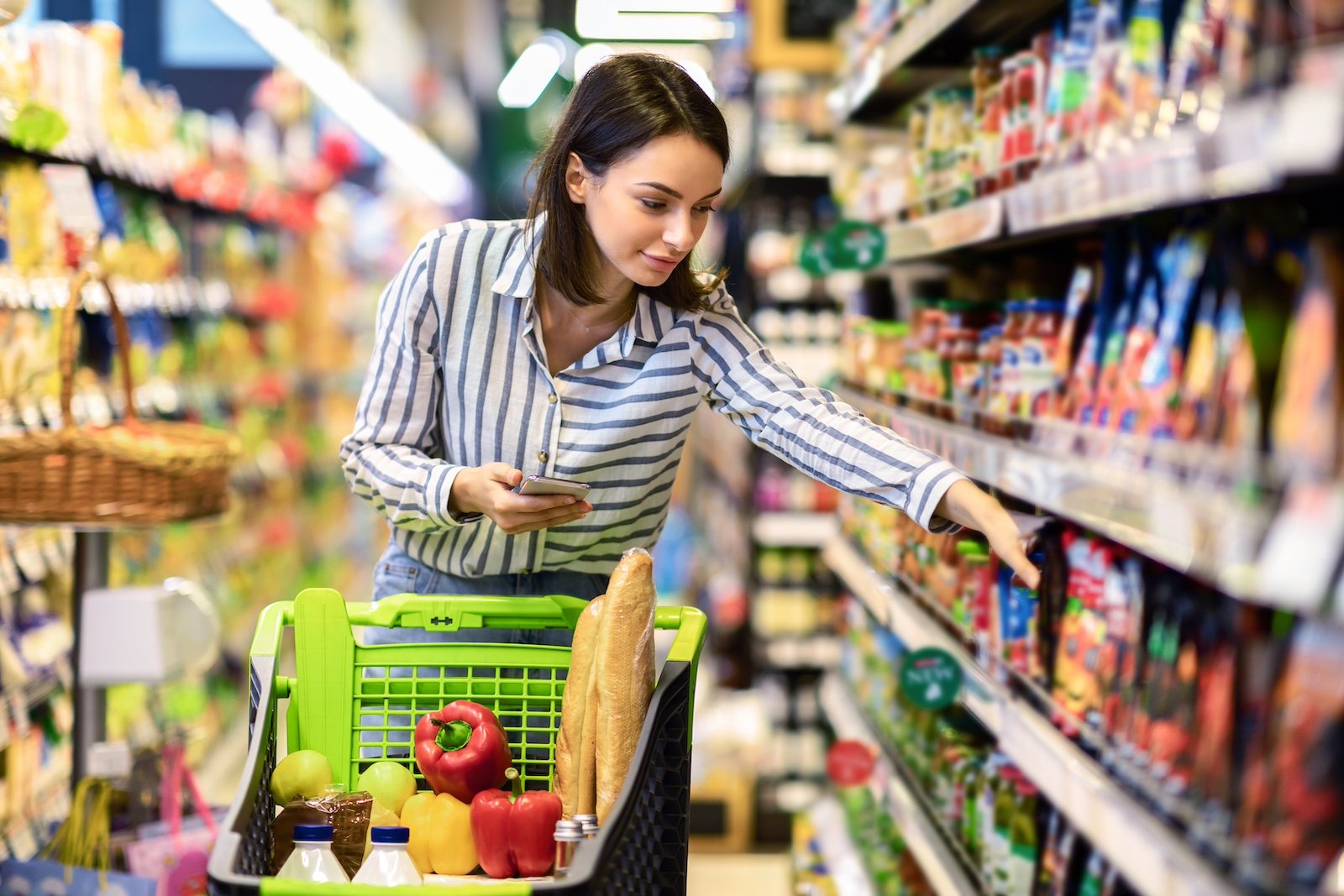
It is not recommended to store fresh or dry food in standard plastic storage or cardboard boxes. Plastics are susceptible to temperature fluctuations, which can lead to mold and mildew growth over time.
As an example, if someone intends to store nourishment for a long time, specialists recommend keeping it in glass containers on all occasions.
Pet Food

Dog and cat food contains oils that plastic can absorb over time, leading to rancidity. If the container is not replaced regularly, it will eventually develop a stale, unpleasant odor. It’s generally best to use a properly sized plastic container to store the pet food.
Coffee

For coffee enthusiasts, keeping coffee beans fresh is essential. Both ceramic and metal containers are excellent choices as they do not affect the flavor of the coffee. Glass is also a great choice for preserving coffee flavor, especially if it’s transparent or kept away from direct sunlight. Plastic is suitable for short-term storage but isn’t ideal for long-term use, as it tends to absorb odors and flavors easily.
Vinegar
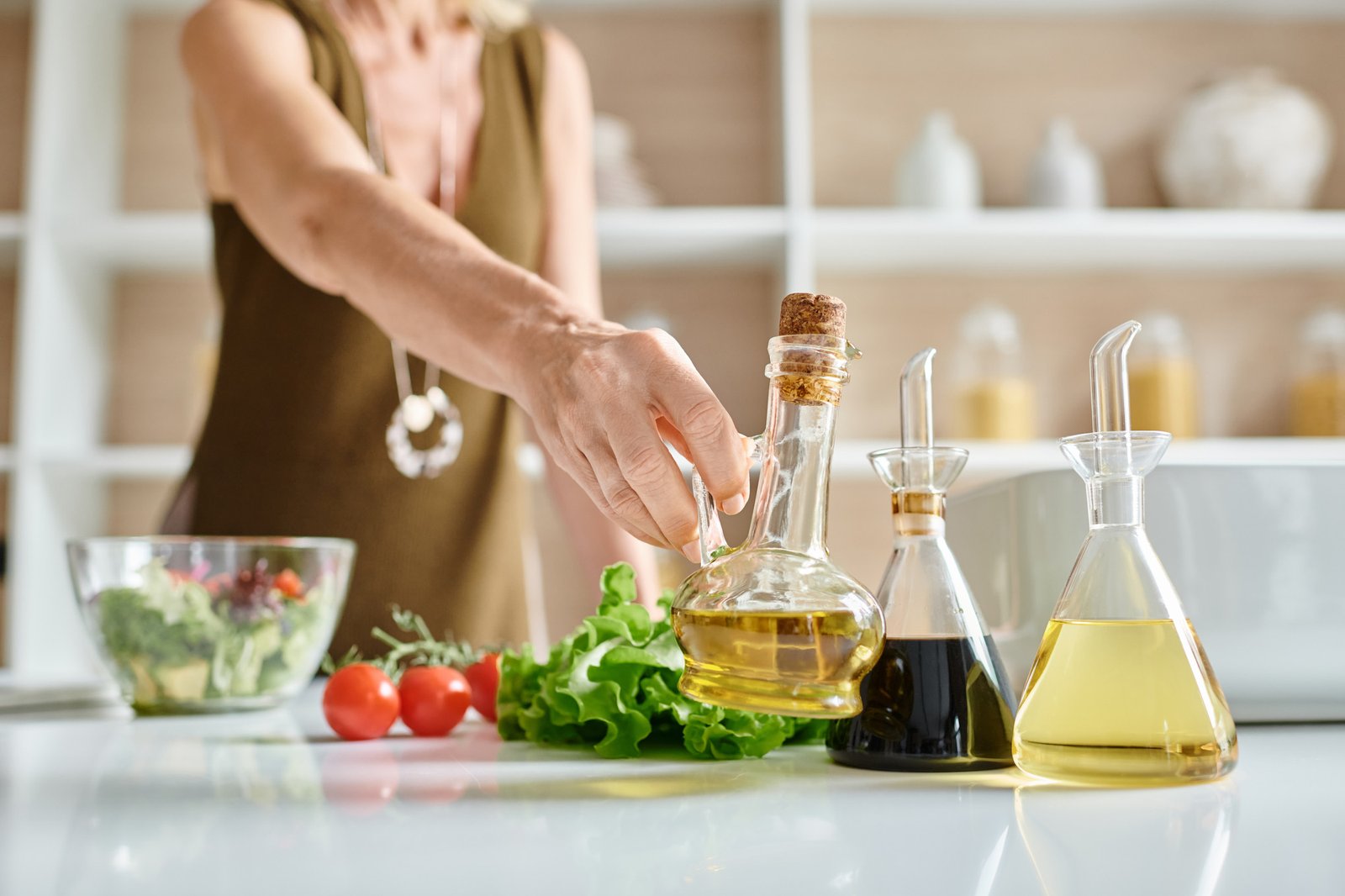
Because vinegar is acidic, it’s generally not recommended to store it in plastic containers. Over time, the acid in vinegar can react with polyethylene, leading to the degradation of the plastic. This reaction may contaminate the vinegar with chemicals from the plastic and weaken the container, potentially causing leaks or spills.
Spice and Herbs

The choice of storage container is essential for preserving the nutritional value of spices and herbs. Plastic containers, being permeable, allow small air bubbles to penetrate, which can gradually diminish the flavor and potency of spices. This is especially crucial for expensive, high-quality spices that need to be stored in conditions that protect their flavor and aroma. Glass containers are an ideal option, as they offer a transparent barrier that keeps air out and maintains the freshness of the contents.
Essential Oils
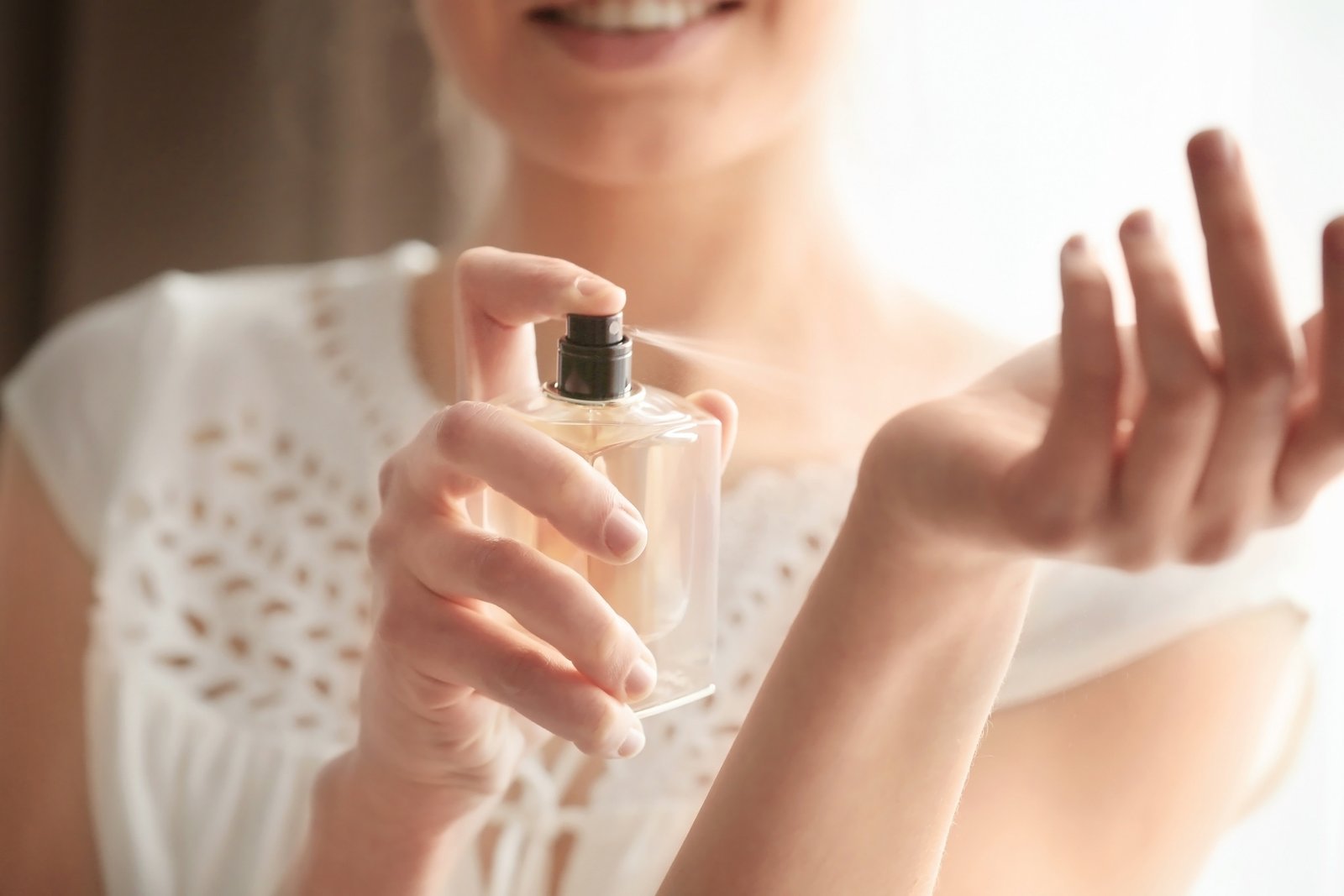
Storing essential oils in plastic bottles is strongly discouraged. Due to their high concentration, essential oils can dissolve and break down various types of plastic. This can cause poisoning of the oils using hazardous plastic residues and perhaps compromise their therapeutic properties and purity.
Medications

Medications and vitamins often suffer from reduced effectiveness and safety when stored in plastic containers due to inadequate resistance to ultraviolet radiation, humidity, and temperature fluctuations. UV rays can degrade the active ingredients, while humidity can promote mold growth or chemical reactions. Temperature changes can lead to further deterioration or instability. To ensure optimal potency and safety, it is crucial to use storage solutions that offer better protection against these environmental factors.
Wine or Beverages

The people of the US prefer consuming wine on casual occasions. It is found that 80% of wine production happens in the US which is stored in wine racks for maturation. This is because plastic may emit chemicals into the atmosphere, which could ultimately soak into the cork and change the flavor of pricey wines or other beverages.


